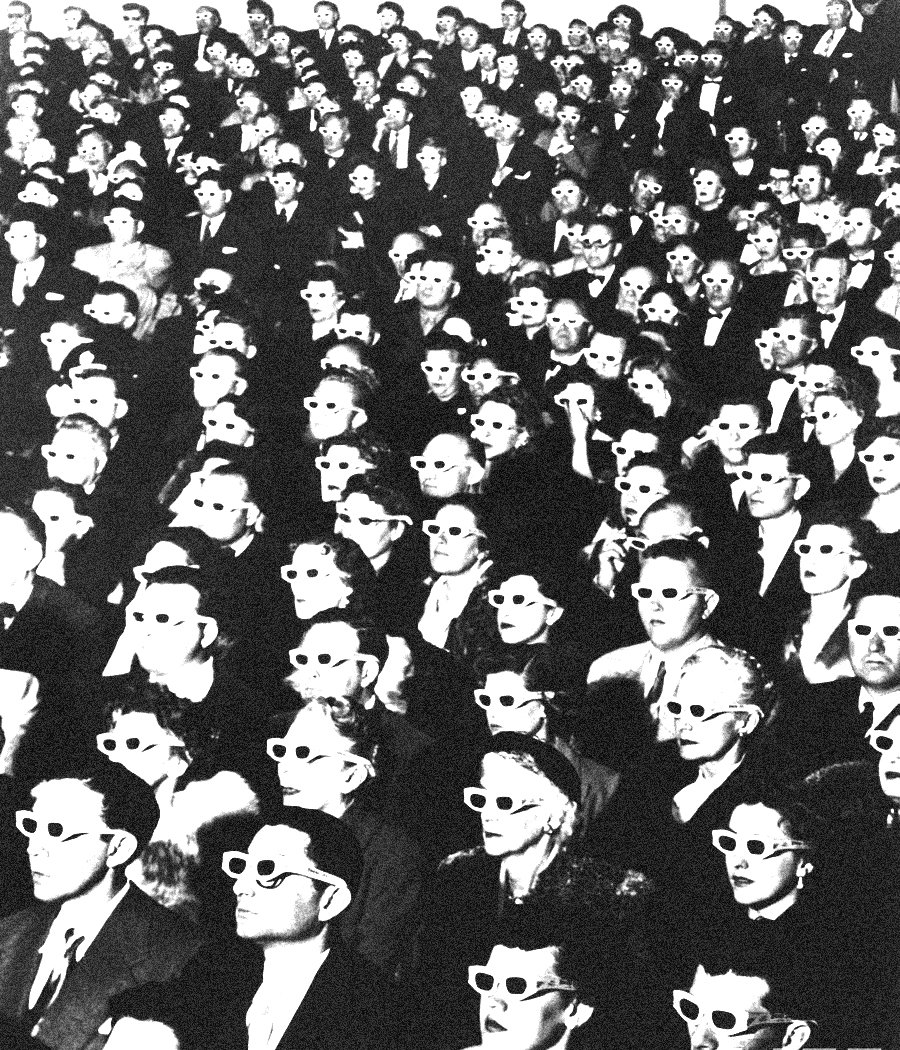
Now imagine taking that friend to see a surrealist film.
Born in France in 1920s, this avant-garde genre tries to do everything but make sense at a first glance. Surrealists rebel against familiar narrative forms and instead jump from one shocking image to another in order to cut directly to the message.
A sudden switch from dreams to reality makes a lot more sense to a surrealist filmmaker, compared with a gradual evolution of characters and events for a narrative filmmaker. In the 1924 short film “Entr’acte,” director René Clair turns a dancing ballerina into a man. In the 1943 short film “Meshes of the Afternoon,” director Maya Deren sees a key into her home literally turn into a knife. In the 1963 feature film “8 1/2,” director Federico Fellini jumps from one reality into another without much warning — for a full 138 minutes.
At this point, your friend might urge you to get up and ask for a ticket refund.
Actor Scott MacDonald, most well known for the surreal HBO TV series “Carnivàle,” says surrealist films evoke frustration. “They confront us with the necessity of re-defining an experience we were sure we understood.” The filmmakers take familiar objects and twist and mix them into something that doesn’t seem to belong together.
In the famous 1929 surrealist collaboration “Un Chien Andalou,” Luis Buñuel and Salvador Dali split a woman’s eye open and pull a dead horse on a piano, and they never gave a straightforward explanation of the ideas behind the choices.
Why do they do that? Some critics say to tell us everything at once, while others say to tell us nothing. Either way, every image is open to interpretation. Surrealist filmmakers give us scandalous images, unclear sexuality, and bizarre background music to explore the unconscious.
On Dec. 12, Filmworks will present French filmmaker Pascale Ferran’s surrealistic drama “Bird People.” A tale about an American businessman and a French chambermaid transforms into something completely unexpected. Ferran lets us feel the journey of two lost souls by giving us more than the usual plot twist.
We can use this twist to think about our own lives, or we just enjoy having a chance to witness a glimpse into someone’s unconscious that we normally don’t get to see. Because no matter which route we take with surrealist cinema, it always takes us to someplace new, perhaps someplace free.
Olga Verkhotina lives in Los Angeles where she works in nonprofit marketing and event planning. She volunteers as a marketing assistant for Filmworks.
